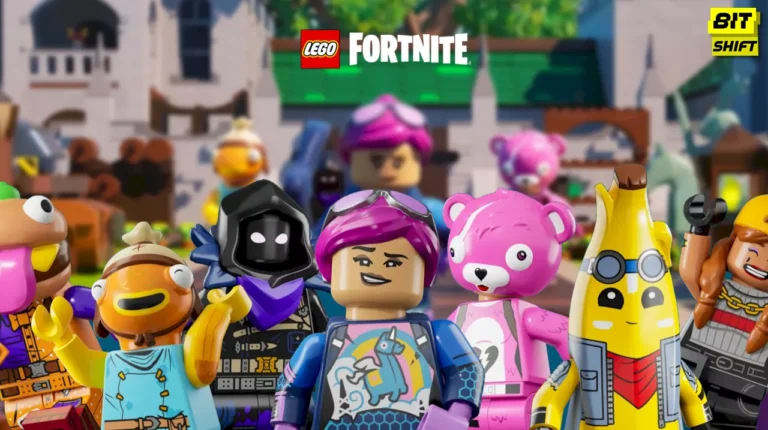
Summary
Despite the controversy surrounding Elon Musk’s social media platform, X, several of the world’s most recognizable brands have chosen to remain advertising partners. This article examines their motivations and reactions from the industry.
The world’s most reputed brands, including the NFL, Walmart, State Farm, Wendy’s, Office Depot, The New York Times, The Washington Post, The Economist, USAA insurance, Formula 1, and Mondelēz International, are not backing down from their advertising partnerships with Elon Musk’s embattled social media platform, X. This comes despite the rising tide of hate speech and misinformation on the platform, and Musk’s propagation of right-wing conspiracy theories and controversial endorsements.
“It’s self-destructive for any advertiser to be associated with him,” – Jeffrey Sonnenfeld, Yale School of Management.
Despite the companies’ stated values indicating their opposition to hate speech, most have held their silence when asked for comments. The NFL, however, has expressed its denouncement of all forms of hate speech and discrimination and voiced its concerns directly to X.
Musk’s Influence on X
The continuation of these advertising partnerships contrasts sharply with the reactions of other major brands to the controversies that have erupted since Musk took ownership of X. Since then, the platform has reinstated previously banned accounts, stopped verifying information sources, and implemented a paid blue checkmark system that has increased the visibility of racist accounts. Furthermore, Musk himself has stoked the fires of dangerous conspiracy theories, directly attacked figures frequently targeted by antisemitic abuse, and threatened Jewish advocacy groups.
As a result, brands like Apple, Disney, IBM, NBCUniversal, Paramount, Fox Sports, Paris Hilton’s 11:11, Warner Bros.Discovery, and others have suspended their advertising campaigns on X. In response, X has removed the monetization capabilities of certain pro-Nazi accounts and implemented brand safety controls. Still, these measures have done little to stem the tide of hate speech and conspiracy theories on the platform.
Industry Experts Weigh In
While Musk denies being antisemitic, experts in the industry have warned that continuing a relationship with X could damage a brand’s reputation. Noted marketing industry veteran Lou Paskalis expressed his belief that it would be unwise to return to the platform until Musk sells it.
“Elon introduced unique risks,” said Paskalis, adding, “If I were still running advertising … I would not recommend returning to this platform until three months after he sold it.”
The Fallout of Musk’s Controversies
Musk drew fierce backlash when he endorsed an antisemitic post that accused Jewish people of “hatred” against White people. His endorsement coincided with a report from Media Matters that highlighted the presence of significant brand advertisements next to neo-Nazi hate speech on X. These events triggered a mass exodus of advertisers, which is still ongoing.
Despite the controversy, Musk has refused to apologize for his actions and has instead filed a lawsuit against Media Matters, which stands by its reporting and plans to fight Musk in court. First Amendment attorney Ted Boutrous has said that this lawsuit is profoundly flawed and could lead to embarrassing revelations for Musk during the discovery process.
“This lawsuit is riddled with legal flaws, and it is highly ironic that a platform that touts itself as a beacon of free speech would file a bogus case like this that flatly contradicts basic First Amendment principles and targets free speech by a critic,” Boutrous said.
Share the Article by the Short Url:






